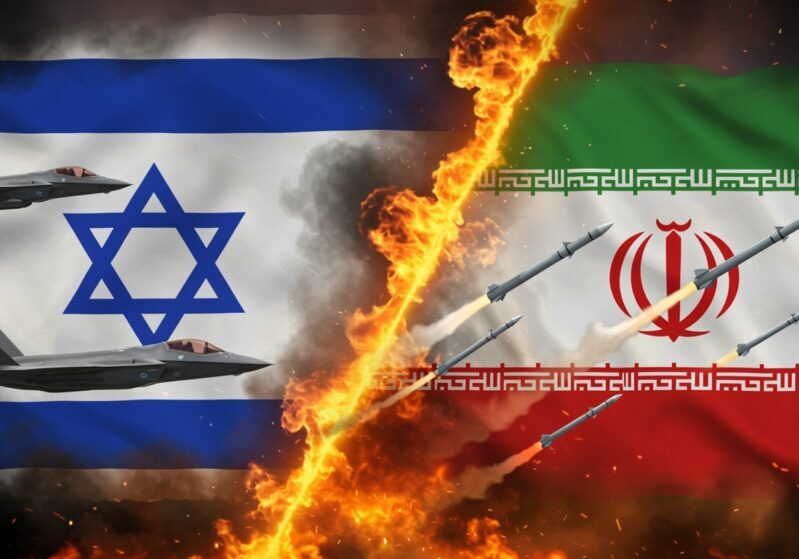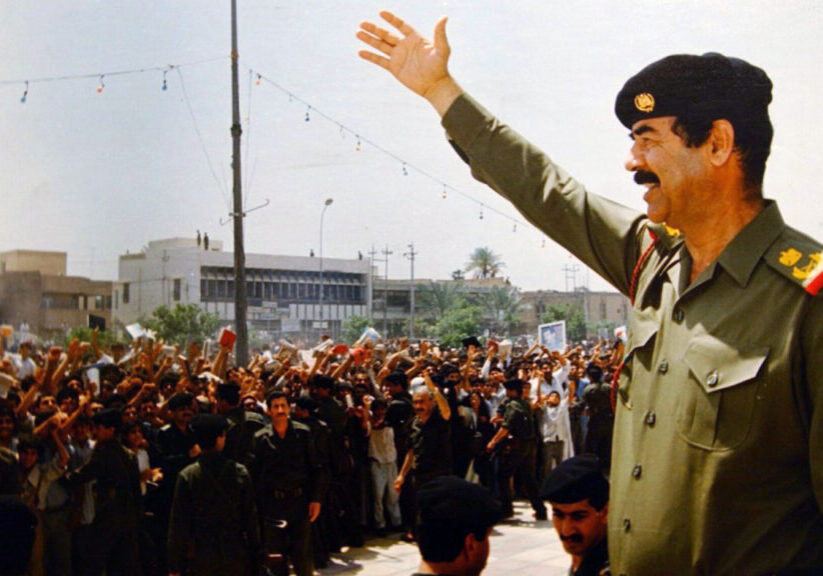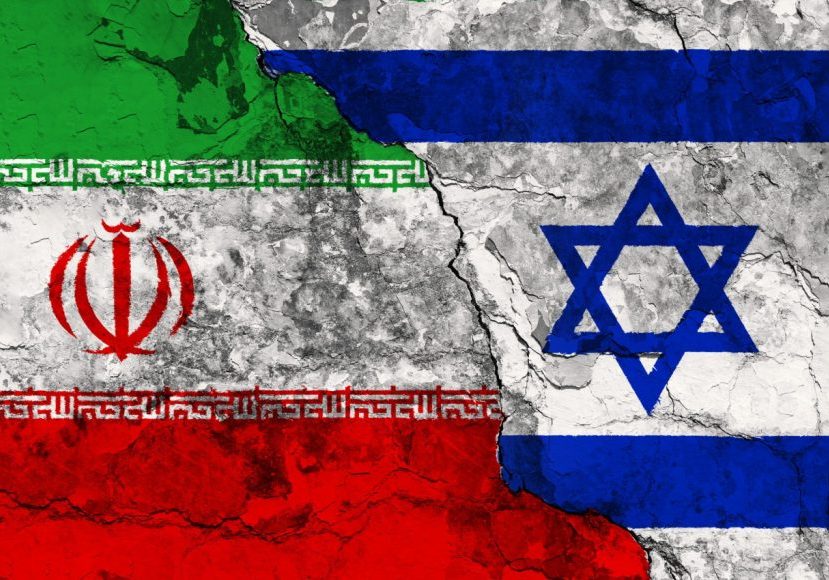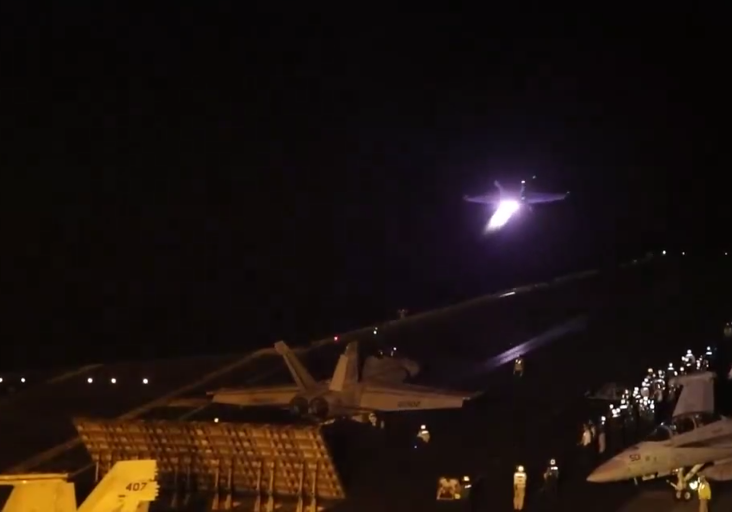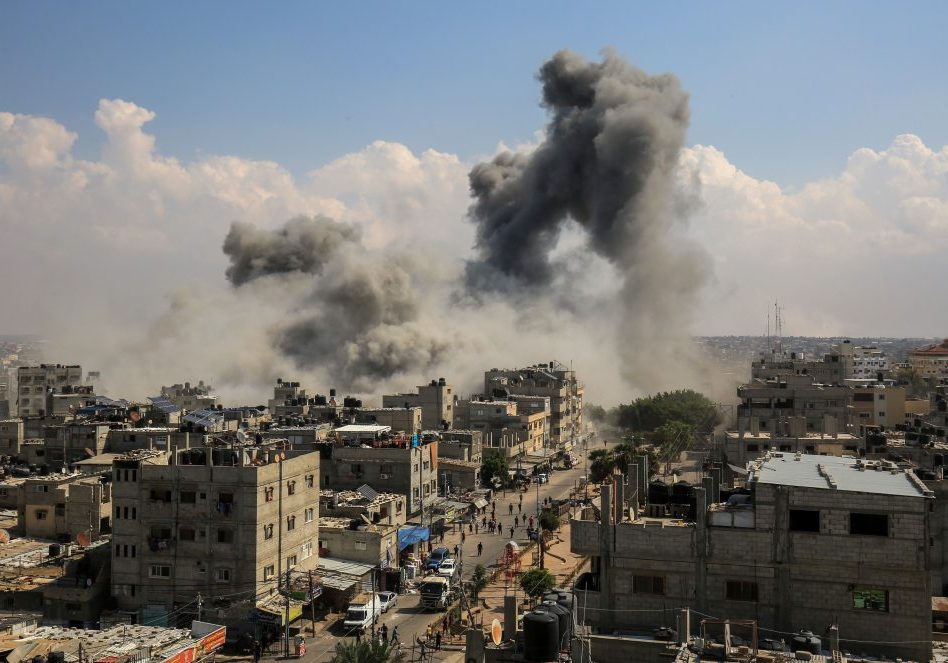Australia/Israel Review
Scribblings: Saddam’s Confession
Feb 27, 2008 | Tzvi Fleischer
Tzvi Fleischer
Saddam’s Confession
The Wall Street Journal (Feb. 1) has pointed to some important revelations made on the American version of “60 Minutes” by George Piro. Piro is an Arabic-speaking FBI agent who was responsible for questioning Saddam Hussein between his Dec. 2003 capture and his handing over to the Iraqi government for trial in 2006.
First up, Saddam admitted that he had directly ordered the use of chemical weapons against Kurdish villagers in the late 1980s, which seems to make clear that his later conviction for crimes against humanity was more than justified. Saddam reportedly explained that inhuman order with a single chilling word – “necessary”.
According to Piro, Saddam also fully admitted that his goal was to reconstitute his WMD programs. Here’s what Piro had to say in the interview with Scott Pelley of “60 Minutes”:
Piro: “The folks that he needed to reconstitute his program are still there.”
Pelley: “And that was his intention?”
Piro: “Yes… He wanted to pursue all of WMD. So he wanted to reconstitute his entire WMD program.”
Pelley: “Chemical, biological, even nuclear.”
Piro: “Yes.”
Critics of the war in Iraq will doubtless say this does not matter, because he did not have stockpiles in 2003, as was alleged, and was “contained” by UN sanctions. But in fact, the sanctions were crumbling, and by 2000, were widely ignored by many countries, while Security Council members like France and Russia openly demanded they be lifted completely. So despite the mistakes about the WMD stockpiles (a mistake shared by virtually all the world’s major intelligence agencies and governments) the illegal Iraqi WMD danger that justified the war was nonetheless very real, according to Saddam Hussein himself.
The Mugniyah Admission
Speaking of confessions, readers would never know it from the media coverage, but Hezbollah’s reaction to the assassination of their terrorist-in-chief, Imad Mugniyah, was also a confession of sorts. As top Middle East scholar Dr. Martin Kramer has pointed out on the “Middle East Strategy at Harvard [MESH]” website, for many years Hezbollah either pretended they did not know who Mugniyah was or refused to confirm any connection with him.
Kramer wrote:
Mention of his name to Hezbollah officials would draw a blank stare or blanket denial. “Hezbollah professes no knowledge of the man,” the New York Times reported in 2002. A journalist who interviewed a top Hezbollah official and parliamentary deputy, Abdullah Kassir, once asked him if he knew Mugniyah. “Kassir flashed a blistering look and responded curtly, ‘I have no answer.’”
Hezbollah’s leader, Hassan Nasrallah, followed a double tack: he would defend ‘freedom fighter’ Mugniyah, but not acknowledge him. “The American accusations against Mugniyah are mere accusations,” he was quoted as saying. “Can they provide evidence to condemn Imad Mugniyah?”… But when pressed, Nasrallah ‘refused to reveal whether Mugniyah has a role in Hezbollah.’ Of course.
Moreover, Kramer points out that many Western scholars bought Hezbollah’s denials and publicly questioned whether arch-terrorist Mugniyah really worked for the Lebanese Shi’ite group. With Hezbollah leader Nasrallah proclaiming him one of the movement’s three great martyrs by his coffin and vowing revenge, it sort of puts paid to such obfuscation. It also should damage the reputation of those scholars who blindly parroted it when a tiny amount of research would have shown it was obviously untrue.
Trial by Fire?
Many in the West who have only a basic knowledge of the Middle East may ask why Mugniyah, whatever his terrorist crimes, could not be brought to trial and punished in a court of law, rather than killed. Accounts of an effort to do just that in 1996 makes it clear why this was simply never going to happen. A story on American ABC News (Feb. 13) contains revelations by then-US counter-terrorism chief Richard Clarke that US intelligence learned that Mugniyah was boarding a commercial flight in Khartoum scheduled to stop in Riyadh, Saudi Arabia.
The US begged the Saudis “to grab him when the plane landed,” according to Clarke, and appeals even included a 3am call from then-US President Clinton to Saudi Arabia’s then-Crown Prince (now King) Abdullah. Instead, the Saudis refused to let the plane land, and it went on to Damascus.
This is all too typical of the Middle East, where even those states not sponsoring terrorists will almost never, out of fear or calculation, actually help catch them.
Tags: Iraq

